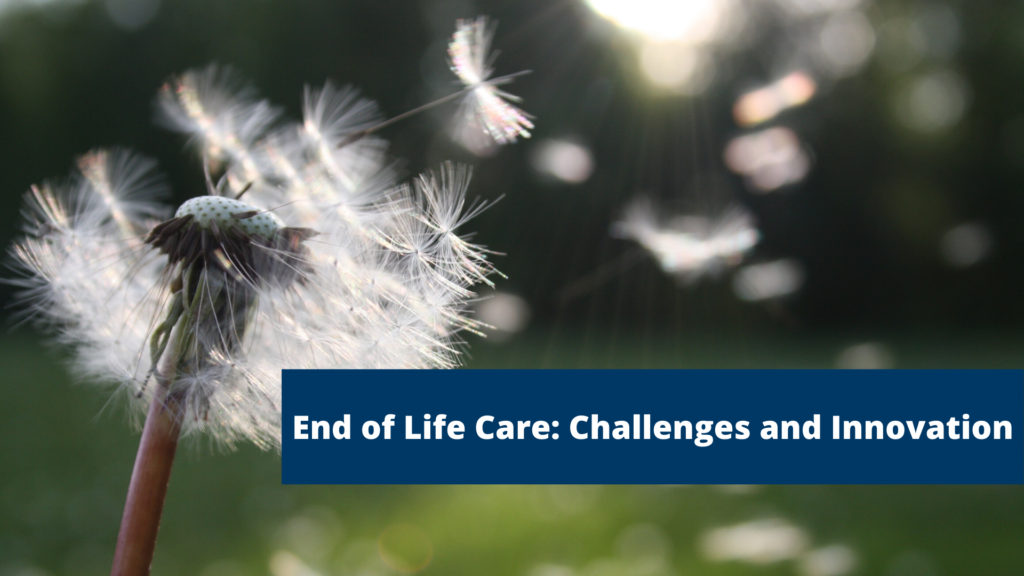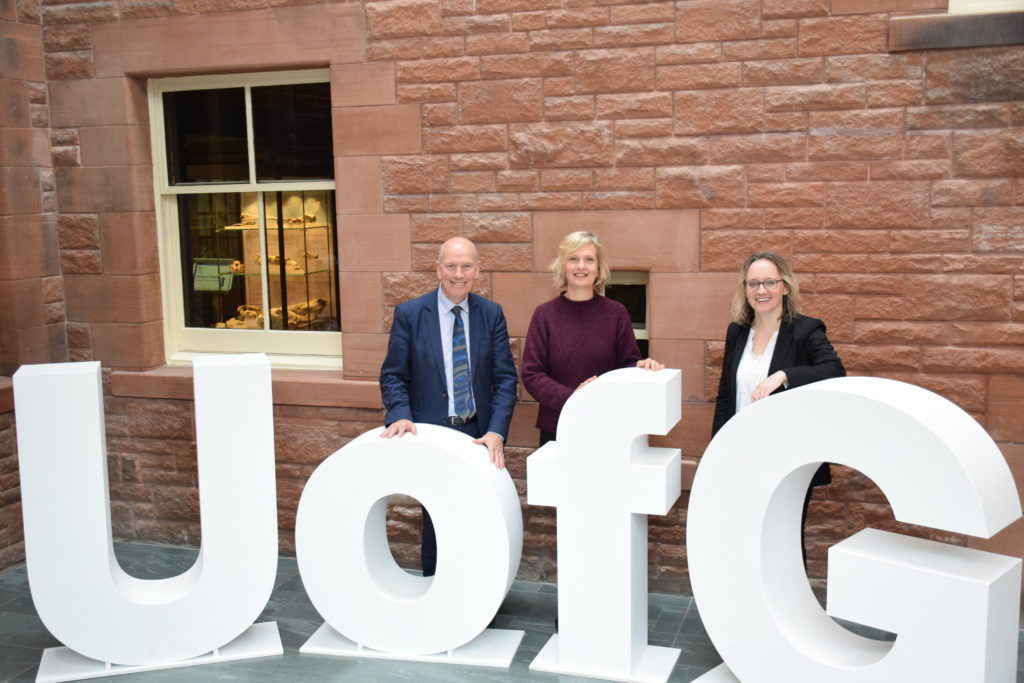
It is with huge pleasure this month that we embark upon a truly global initiative within our team – a new programme of online learning in end of life studies.
In our research group at the University of Glasgow we feel we belong to a worldwide community of people with a shared interest in questions concerning the end of life. We engage with fellow researchers from numerous countries and disciplines. We conduct studies across international boundaries. We respond and reach out to clinicians, activists, policy makers, artists and producers who, like us, are concerned with some of the global challenges that exist in end of life care. In all of this we feel hugely enriched by our partners and collaborators.
Our new venture in online learning builds on these approaches and draws on some of our most important research interests. It begins with a free online course that runs for three weeks and provides a ‘taster’ for a fully online postgraduate programme that can lead up to MSc in End of Life Studies . The whole programme is being designed and delivered in association with online education experts FutureLearn
The taster course has taken us into wholly new and exciting territory. Guided by our partners at FutureLearn and Glasgow colleagues expert in this area, we have assembled a team of three online educators, supported by our learning technologist Amy McCreadie. Each of the educators has designed one week of learning, linked together across the three weeks. The resulting offering provides, we believe, a fascinating learning journey for a wide range of people interested in contemporary end of life issues.

Marian Krawzyck takes care of week one. She starts by asking what we mean by ‘end of life’ and ‘dying’. She examines the concept of dying trajectories and the characteristics that shape our understanding of ‘good’ and ‘bad’ death. From here she goes on to explore the special role of hospitals in end of life care, and why it is becoming increasingly difficult to determine if and when someone is ‘sick enough to die’.
David Clark looks after week two, which focusses on community interventions at the end of life. Starting with the Neighbourhood Networks in Palliative Care that have gained so much traction in Kerala, India, he then goes on to explore the wider Compassionate Communities movement, looking in detail at the Scottish initiative known as Compassionate Inverclyde. The week concludes with an exploration of the Death Café phenomenon and its spread around the world.
Naomi Richards then takes over at week three and shifts the focus to individual reactions and interventions at the end of life. She shows how many people want to take direct control over how they die, explores how assisted dying is increasingly being proposed and legislated for as an option that people want to have at the end of life, and examines the ramifications and implications. She also examines the phenomenon known as rational suicide, specifically for older people, and then concludes with a look at how modern individuals seek to ‘curate’ not only their dying process, but also the post-mortem rituals that follow.
It is often said that the only certainties in life are death and taxes.
Death itself may be certain – but how and where we die and the meanings we attach to dying have many dimensions. Our new course, like the Masters programme that will follow it, explores some of the challenges of contemporary end of life care in varied contexts.
If you join us, there will be a chance to study the different forms of care people receive before they die, how we plan and prepare for death, and how culture and values shape our experiences. You’ll have opportunities to share your ideas and reflections and to learn from a vast community of others from all around the world.
To get a flavour of what we will be doing, check out this short video and meet our team. We are looking forward to meeting you online!

